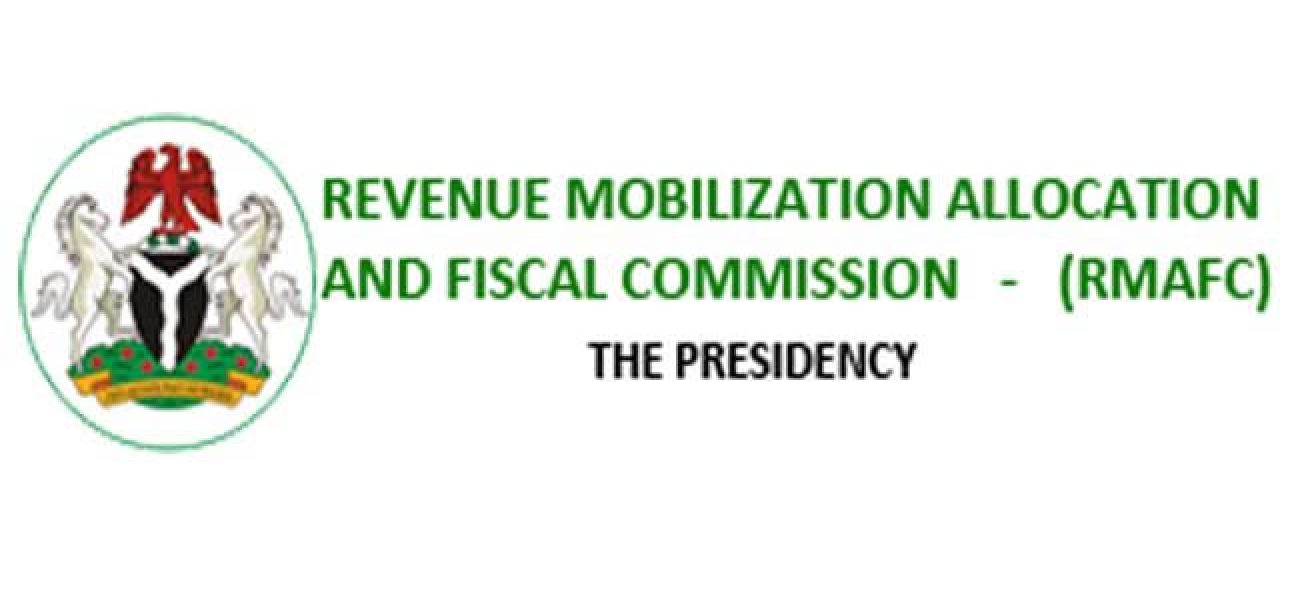The recent announcement by the Revenue Mobilization Allocation and Fiscal Commission (RMAFC) that it will review and possibly increase the salaries and allowances of President Bola Tinubu, his ministers, and other public officials has sparked outrage among Nigerians, many of whom see it as further evidence that public office holders prioritize their own welfare while citizens grapple with worsening living conditions.
RMAFC Chairman, Mohammed Shehu, disclosed this at a press conference in Abuja on 18 August 2025, stating that the earnings of staff in some government agencies had now surpassed those of the President, Vice President, and cabinet members.
The proposal drew swift backlash from civil society groups, including the Nigeria Labour Congress (NLC), as well as opposition parties such as the Labour Party, African Democratic Congress (ADC), New Nigeria People’s Party (NNPP), and the Coalition of United Political Parties (CUPP).
Despite this criticism, the Commission has pressed forward, holding a retreat on 21 August 2025 in Kano to harmonize reports for what it described as an “appropriate remuneration package” for political and public office holders.
This is not the first time RMAFC has attempted such a move. It will be recalled that in June 2023, the Commission recommended a 114% increase in the basic salaries of elected officials, arguing that remuneration had not been reviewed since the last comprehensive adjustment was made in 2007, culminating in the 2008 salaries and allowances framework. That recommendation, like the current one, provoked immediate public backlash.
Previous review efforts by the Commission had focused on the revision of the revenue allocation formula between the federal, state and local governments. The Commission had submitted a review proposal to then-President Muhammadu Buhari as far back as April 2022. However, Buhari declined to forward it to the legislature, insisting he would wait for the outcome of the constitutional review initiated by the National Assembly before transmitting it for consideration. However, the added consideration of the renumeration of public officials seems to have taken centre stage after President Tinubu’s assumption of office.
For any increase in pay to take effect, amendments must be made to the Certain Political, Public and Judicial Office Holders (Salaries and Allowances, etc.) Act, originally enacted in 2002 and last revised in 2008 under the current structure. In 2024, judicial office holders were removed from this Act and placed under a separate law, the Judicial Office Holders’ Salaries and Allowances, etc. Act, 2024.
While the public anger of the proposed salary review remains, it remains to be seen whether the process will be approved by the National Assembly if or when it eventually comes before them.

